10. Reduced Inequalities
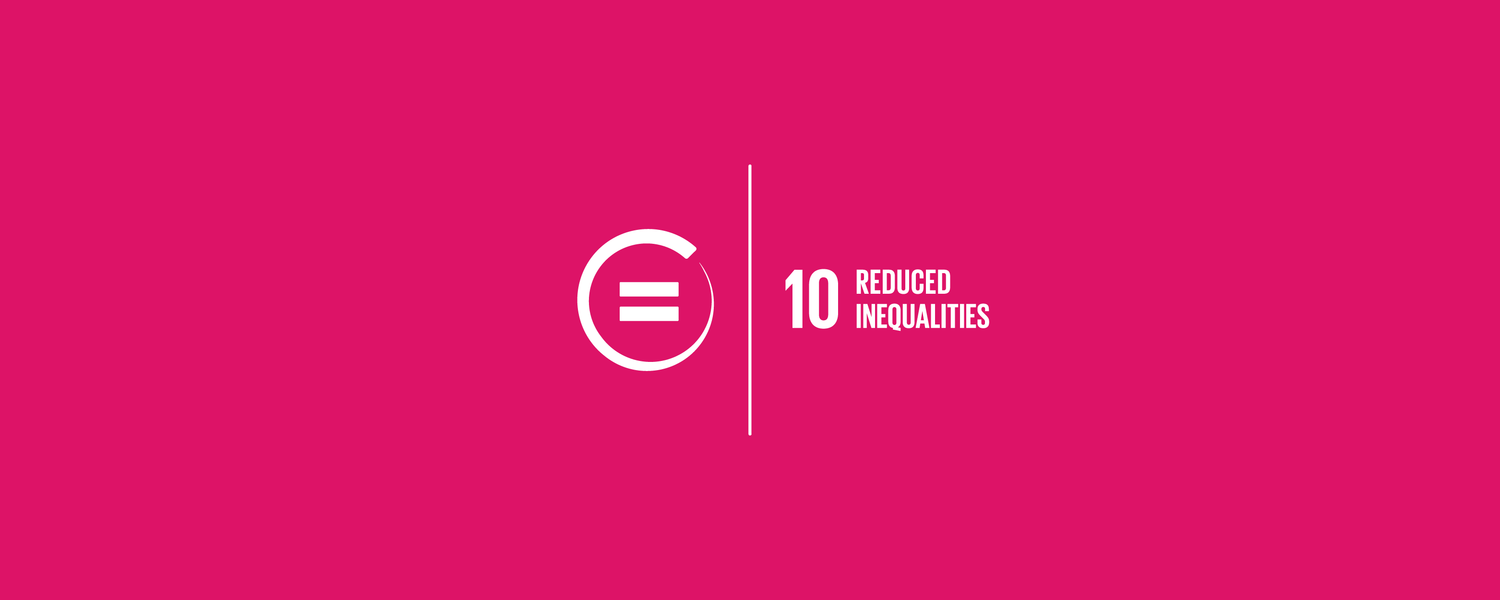
Reduce inequalities within and among countries
Why It Matters
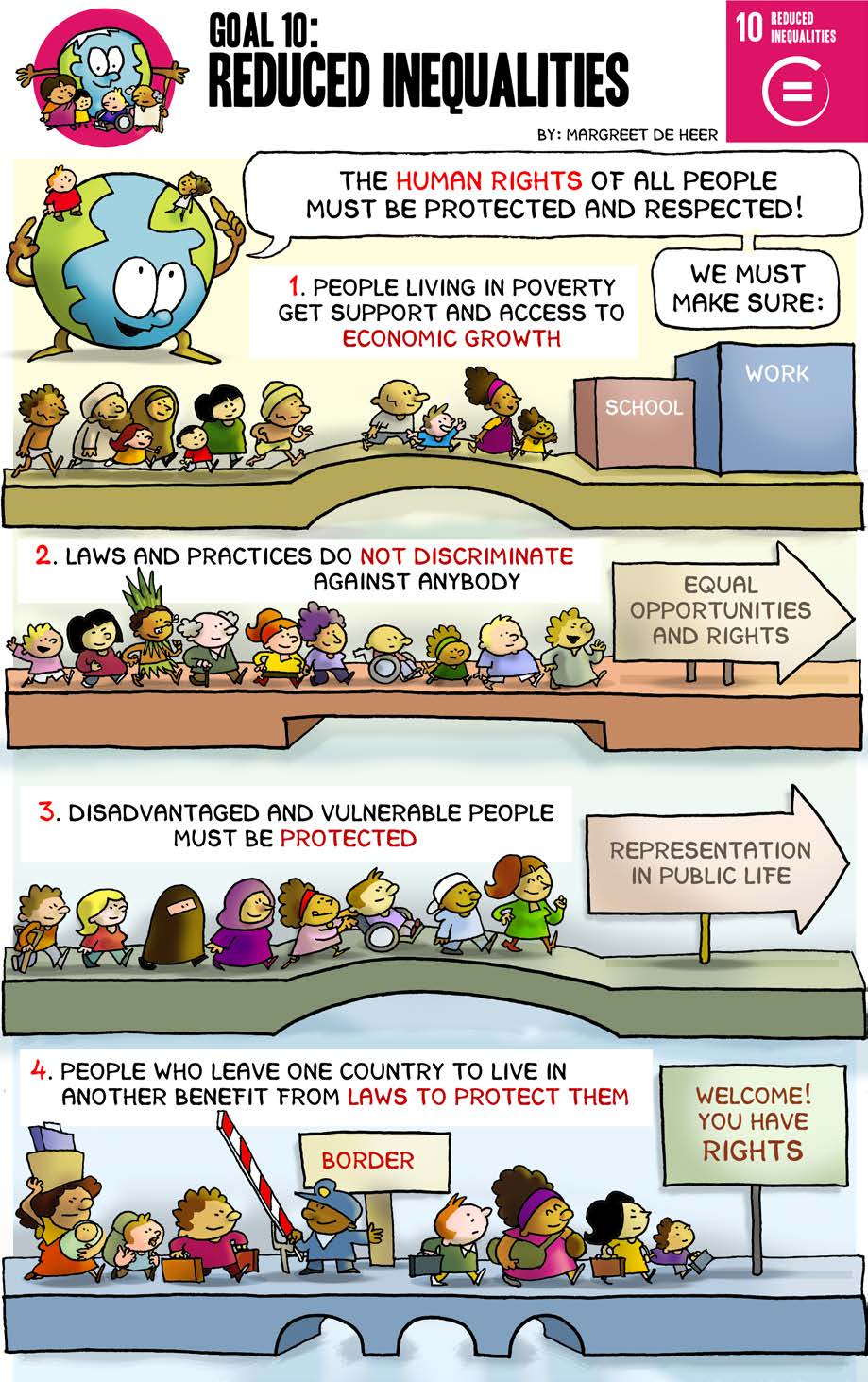
The international community has made significant strides towards lifting people out of poverty. The most vulnerable nations – the least developed countries, the landlocked developing countries and the small island developing states – continue to make inroads into poverty reduction. However, inequality still persists and large disparities remain in access to health and education services and other assets.
Additionally, while income inequality between countries may have been reduced, inequality within countries has risen. There is growing consensus that economic growth is not sufficient to reduce poverty if it is not inclusive and if it does not involve the three dimensions of sustainable development – economic, social and environmental.
To reduce inequality, policies should be universal in principle paying attention to the needs of disadvantaged and marginalised populations.
Facts & Figures
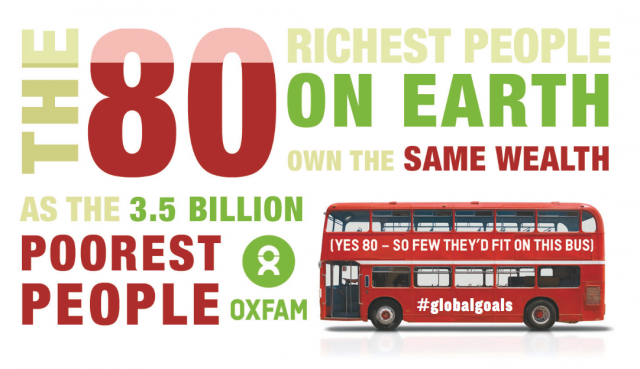
- On average—and taking into account population size—income inequality increased by 11 per cent in developing countries between 1990 and 2010
- A significant majority of households in developing countries—more than 75 per cent of the population—are living today in societies where income is more unequally distributed than it was in the 1990s
- Evidence shows that, beyond a certain threshold, inequality harms growth and poverty reduction, the quality of relations in the public and political spheres and individuals’ sense of fulfilment and self-worth
- Income inequality cannot be effectively tackled unless the underlying inequality of opportunities is addressed
- In a global survey conducted by UN Development Programme, policy makers from around the world acknowledged that inequality in their countries is generally high and potentially a threat to long-term social and economic development
- Evidence from developing countries shows that children in the poorest 20 per cent of the populations are still up to three times more likely to die before their fifth birthday than children in the richest countries
- Despite overall declines in maternal mortality in the majority of developing countries, women in rural areas are still up to three times more likely to die while giving birth than women living in urban centres
Targets
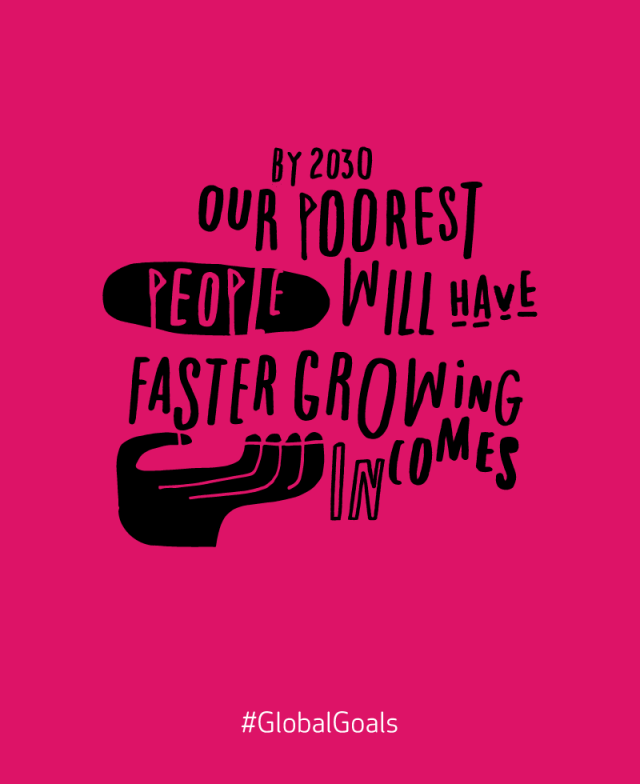
• Provide support for people living in poverty to have access to support for rapid and sustainable economic growth.
• Ensure laws and practices do not discriminate against any group, but rather listen to people’s needs and the input of those who are affected.
• Ensure laws and social programs protect disadvantaged and vulnerable people. For example, when establishing quotas in a political party, youth, women, indigenous peoples, and persons with disabilities must also be included.
• Ensure people who leave one country to live in another benefit from laws to protect them.
Take Action
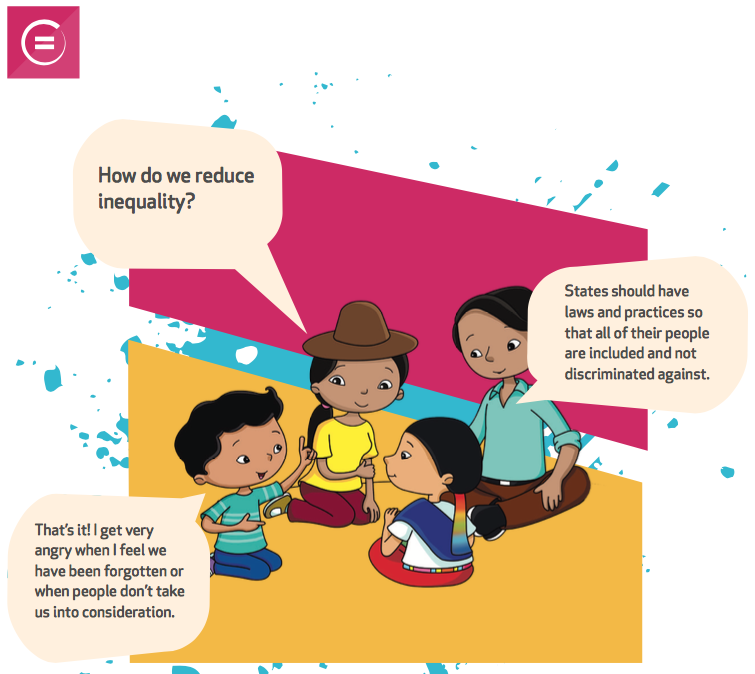
- Speak up against any type of discrimination in your country. Everyone should have the same opportunities regardless of gender, race, sexual orientation, social background, physical abilities, etc.
- In your community: be inclusive and understanding of all. Some of your neighbours may be migrants or refugees with a difficult past looking for a better future.
- Be supportive of policies that promote social and economic inclusion in societies. Eradicate extreme poverty and hunger, and invest more in health, education, social protection and decent jobs especially for young people, migrants and other vulnerable communities.
- Empower and promote inclusive social and economic growth. We can ensure equal opportunity and reduce inequalities of income if we eliminate discriminatory laws, policies and practices.
- Among countries, we need to ensure that developing countries are better represented in decision-making on global issues so that solutions can be more effective, credible and accountable.
- Governments and other stakeholders can also promote safe, regular and responsible migration, including through planned and well-managed policies, for the millions of people who have left their homes seeking better lives due to war, discrimination, poverty, lack of opportunity and other drivers of migration.